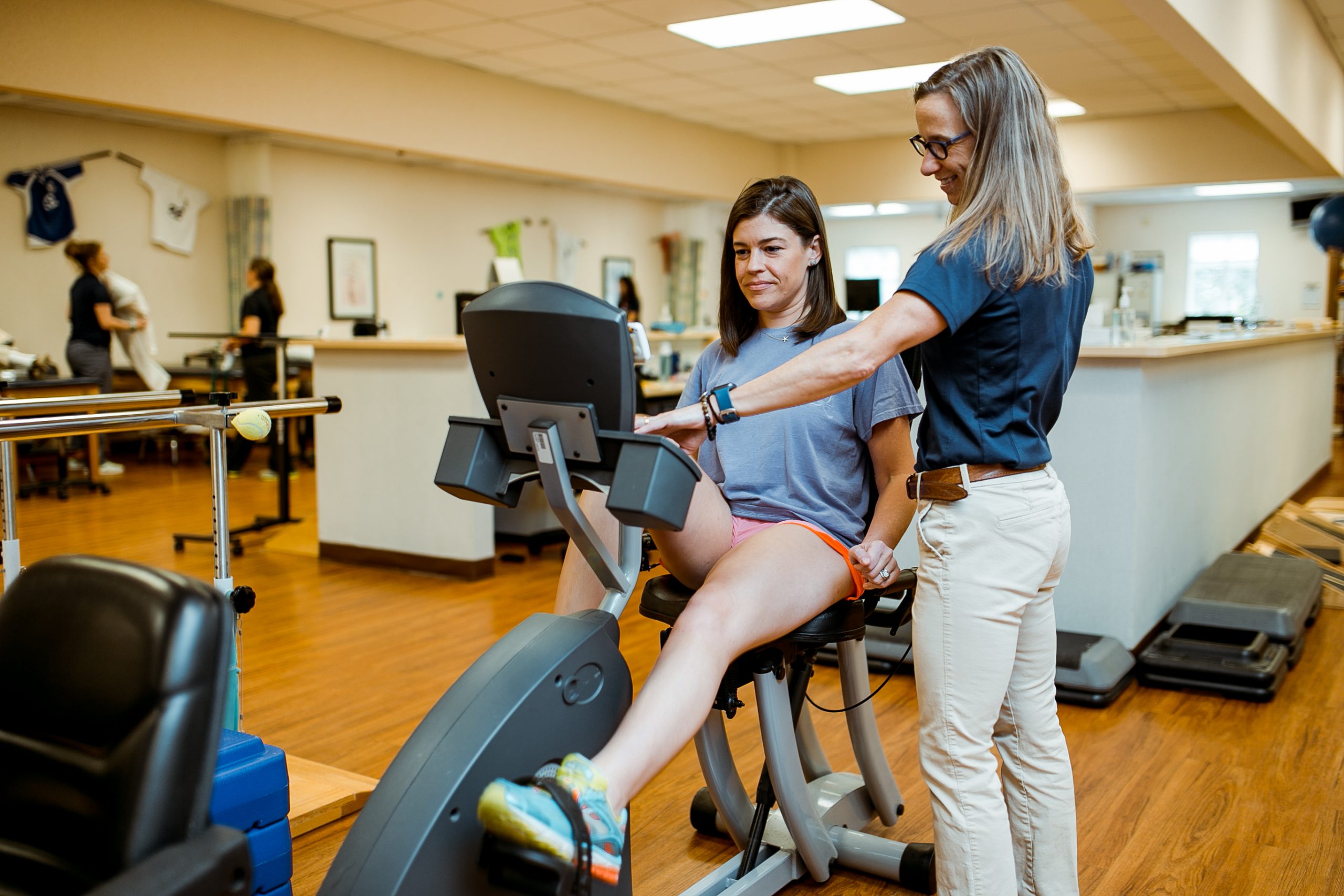Leveraging Psychological Toughness to Improve Outcomes in Physical Therapy
Wiki Article
Cognitive toughness is an important trait that can significantly elevate results in athletic treatment. Athletes often grapple with setbacks that involve time away from their activity, which can be both somatically and emotionally difficult. Mental resilience refers to the ability to remain strong and optimistic in the face of hardship. It helps players manage the pressure of healing, stay focused on their objectives, and maintain determination throughout the healing process. By developing mental resilience, individuals can enhance their recovery experience and return to their sport better prepared than before.

One key aspect of building emotional toughness is setting realistic goals. When sportspeople are recovering, it is important for them to have clear, attainable benchmarks during their recovery. These plans should be detailed, measurable, realistic, purposeful, and deadline-driven (actionable) principles. For example, instead of saying “I hope to heal quicklyâ€, an patient might set a goal like “I will complete my physical therapy exercises three times a week for the next monthâ€. This helps patients track their progress and keep their focus on what they can control, reducing feelings of frustration or despair.
Another important factor in enhancing psychological endurance is maintaining a uplifting mindset. Athletes should practice positive self-talk and visualization techniques to foster a constructive mental environment. Positive self-talk involves replacing negative thoughts with empowering statements. read For instance, instead of thinking “I will never recoverâ€, an individual could tell themselves “Each day I’m improvingâ€. Imagery can also be beneficial; individuals can imagine themselves performing well in their activity as they heal. These practices help build mental fortitude and reinforce the belief that recovery is possible.
Networks of support play a critical role in fostering psychological strength during rehabilitation. Individuals should remain engaged with supportive companions, relatives, mentors, and healthcare providers who understand the demands of rehabilitation. Transparent dialogue with these support figures allows recovering individuals to express their thoughts, concerns, and frustrations. Additionally, sharing experiences with other patients can provide a sense of shared understanding and empathy that makes the path easier. Knowing others have faced comparable challenges can inspire hope and motivate patients to persevere.
In addition, mindfulness practices can measurably enhance an individual’s mental resilience during treatment. Mindful awareness involves being conscious of one’s internal dialogue and emotions without criticism. Practices such as guided mindfulness, deep breathing exercises, or yoga can help patients manage tension and stress related to their injury. By incorporating present-focused practices into their everyday schedules, athletes learn to stay grounded and additional info focused on their progress, rather than dwelling on what they have missed during their time off from competition. This strategy promotes psychological balance and encourages a healthier attitude towards recovery.